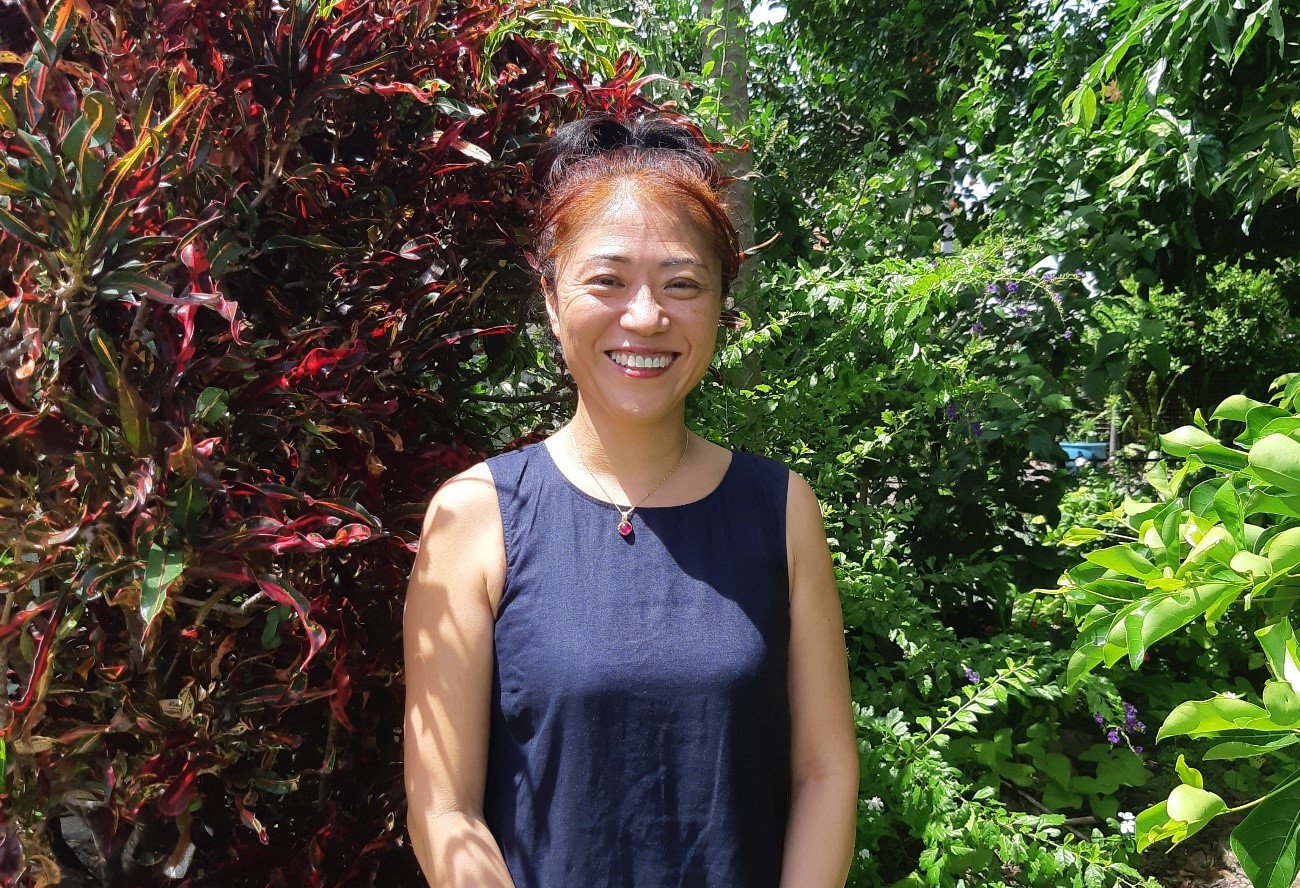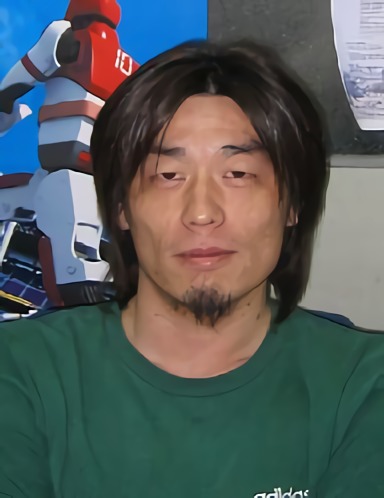Remi Driancourt
Square Enix Japan
Biography
Remi Driancourt is the General Manager of the Advanced Technology Division in Square-Enix, Tokyo. He joined Square-Enix in 2009 after a decade of experience in Cognitive Science, Robotics and Natural Language Processing. There, he rapidly fell in love with Animation and Computer Graphics. After two years working as a R&D engineer, Remi became the Graphics Lead on the “Agni’s Philosophy” tech demo showcased at E3 2012. Beginning 2014, Remi handed back his programmer’s hat and took the head of the Advanced Technology Division, whose main mission is to perform applied R&D and provide technical support to Square Enix projects.
Challenges of a Research, Development & Support division in the game industry
In recent years, the virtual space of digital games has gradually become “bigger”, “more dynamic”, and “more realistic”. As a result of this steady evolution, there is also a steady increase in the complexity of the technology necessary to create AAA game titles, as well as the cost of development. In order to tackle these issues, and keep an edge in an ever more competitive environment, it has become a necessity for top video game companies such as Square Enix to invest in Research and Development.
The Advanced Technology Division is a central, international and expert division of Square Enix Japan, mandated with conducting such R&D across all disciplines necessary for game production, as well as providing technical support laterally to all Square Enix projects.
In this video, division General Manager Remi Driancourt will describe the ongoing transformation of the Advanced Technology Division and the human and technical challenges to be faced when conducting applied Research & Development & Support for games, with cross-disciplinary and cross-cultural teams in Japan.





